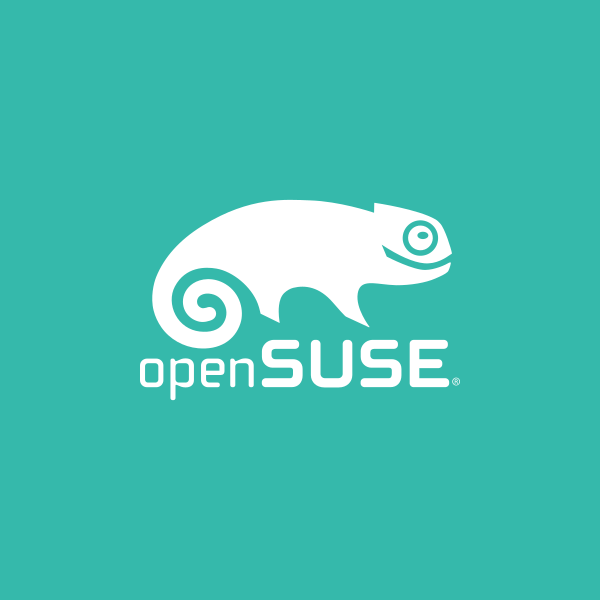signing-party
GPG Tools
PGP Tools is a collection for all kinds of pgp related things, including signing scripts, party preparation scripts etc. caff is a script that helps you in keysigning. It takes a list of keyids on the command line, fetches them from a keyserver and calls GnuPG so that you can sign it. It then mails each key to all its email addresses - only including the one UID that we send to in each mail. pgp-clean takes a list of keyids on the command line and outputs an ascii-armored keyring on stdout for each key with all signatures except self-signatures stripped. Its use is to reduce the size of keys sent out after signing. (pgp-clean is a stripped-down caff version.) gpg-key2ps will output a PostScript file which has your Key-ID, UIDs and fingerprint nicely formatted for printing paper slips to take with you to a signing-party. Given one or more key-ids, gpg-mailkeys mails these keys to their owners. You use this after you've signed them. By default, the mails contain a standard text and your name and address as the From (as determined by the sendmail command). gpglist takes a keyid and creates a listing showing who signed your user IDs. gpgsigs was written to assist the user in signing keys during a keysigning party. It takes as input a file containing keys in gpg --list-keys format and prepends every line with a tag indicating if the user has already signed that uid. keylookup is a wrapper around gpg --search, allowing you to search for keys on a keyserver. It presents the list of matching keys to the user and allows her to select the keys for importing into the GnuPG keyring.
There is no official package available for openSUSE Leap 16.0Distributioner
openSUSE Leap 15.6
openSUSE Leap 15.5
openSUSE Backports for SLE 15 SP4
SUSE SLE-15-SP1
